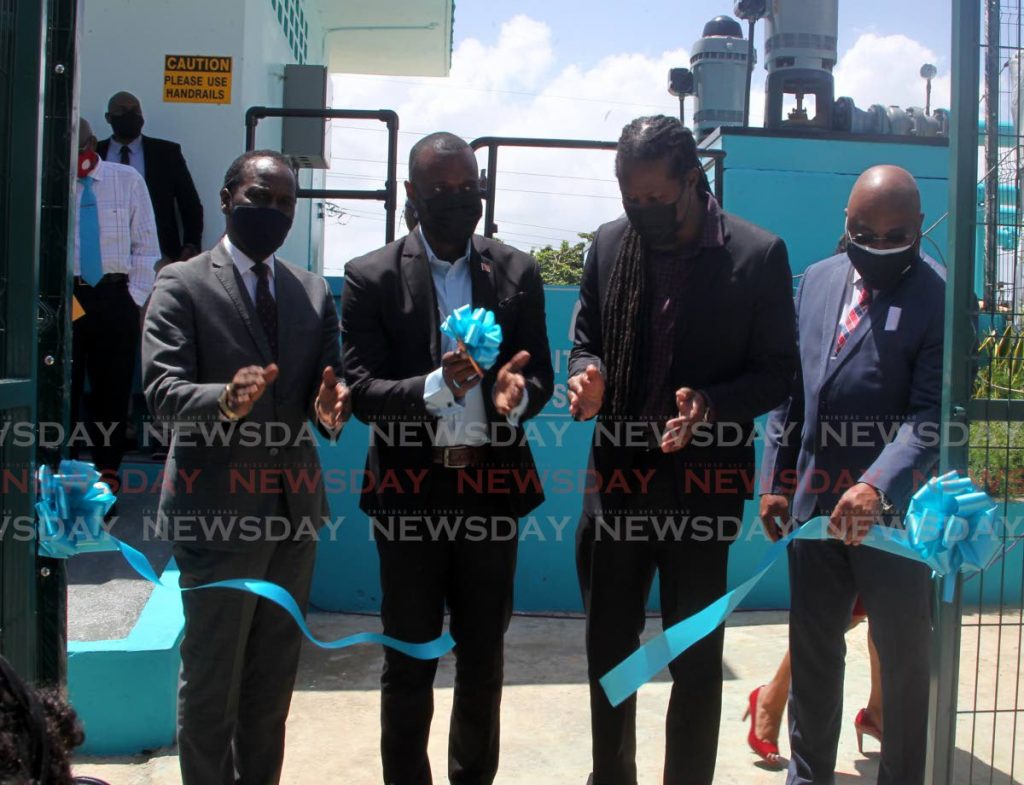WASA restructuring a three-year project

THE Water and Sewerage Authority (WASA) will take at least three years to transform from a money-sucking entity to self-sufficiency, Public Utilities Minister Marvin Gonzales said on Wednesday.
Gonzales had just commissioned the upgrade of the Pitch Road, Morvant booster station.
He said WASA's restructuring is still in the planning stages, with a report expected to be completed at the end of this week and presented to a Cabinet sub-committee charged with WASA's revamp.
"The transition into this new water management company we anticipate, is going to be a three-year process beginning in the new financial year. It is a massive undertaking, perhaps one of the biggest in this country, but we anticipate that by 2024, WASA will be in a position to meet its operational expenses,” Gonzales said.
Along with the restructuring will come increased rates, which Gonzales said could not be determined just yet, since the Regulated Industries Commission (RIC) will have to give guidance on that.
Gonzales said WASA collects $700 million annually but spends $2.2 billion to run its operations. He said the restructuring and increased rates must take place simultaneously so customers will receive better service while paying higher rates.
While increased water rates will be across the board, Gonzales said, the wealthier will pay more as Government plans to subsidise the cost of water only for the most vulnerable in society .
“What we have in this country is a subsidy system where everyone across the board enjoys subsidies from the State, regardless of their financial status.
"So I asked the question, 'Why would someone who lives in an upscale residential area, who has the financial wherewithal to construct a large swimming pool and construct a big house, why should they enjoy subsidies?'
"In our financial circumstances, the State cannot continue to subsidise the rates of electricity and water and other subsidies across the board,” he said.
Gonzales said it would not be a case of the rich paying more, but a case of subsidies being applied where such help is needed – to the most vulnerable.
Along with this new tiered approach to billing customers, WASA will also offer increased rebates and cash cards to the needy and vulnerable. He said his ministry is yet to finalise the criteria that will determine who qualifies for subsidies and other assistance.
During his speech at the commissioning of the booster station, Gonzales said it cost $1.3 million to upgrade the facility, which had fallen into disrepair and was a haven for marijuana smokers. The project was initially priced at $3 million.

Comments
"WASA restructuring a three-year project"